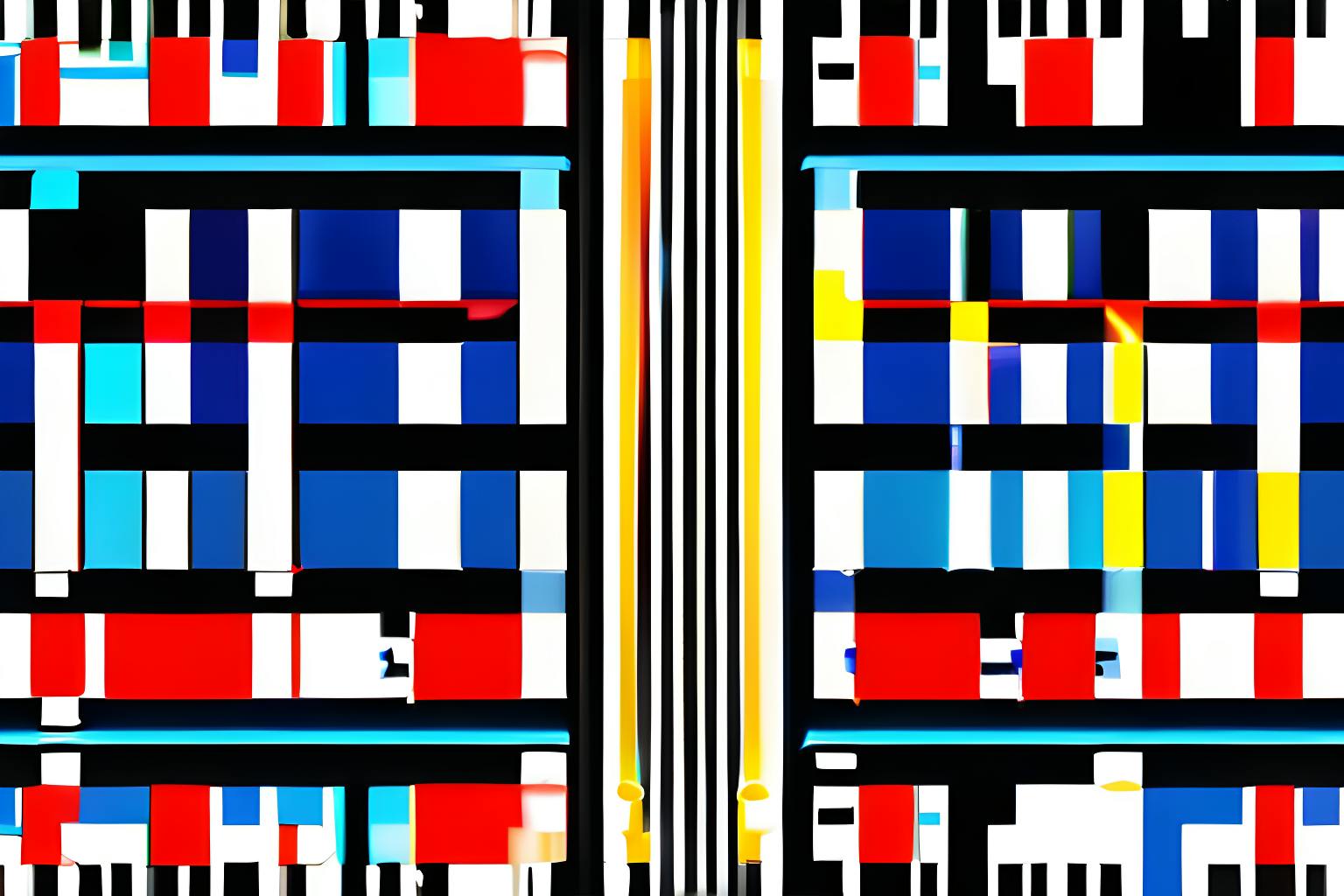United States Of America. v. Microsoft Corporation Court Filing by Thomas Penfield Jackson, November 5, 1999, is part of
6. Middleware
28. Operating systems are not the only software programs that expose APIs to application developers. The Netscape Web browser and Sun Microsystems, Inc.’s Java class libraries are examples of non-operating system software that do likewise.
Such software is often called “middleware” because it relies on the interfaces provided by the underlying operating system while simultaneously exposing its own APIs to developers.
Currently no middleware product exposes enough APIs to allow independent software vendors (“ISVs”) profitably to write full-featured personal productivity applications that rely solely on those APIs.
29. Even if middleware deployed enough APIs to support full-featured applications, it would not function on a computer without an operating system to perform tasks such as managing hardware resources and controlling peripheral devices.
But to the extent the array of applications relying solely on middleware comes to satisfy all of a user’s needs, the user will not care whether there exists a large number of other applications that are directly compatible with the underlying operating system.
Thus, the growth of middleware-based applications could lower the costs to users of choosing a non-Intel-compatible PC operating system like the Mac OS. It remains to be seen, though, whether there will ever be a sustained stream of full-featured applications written solely to middleware APIs.
In any event, it would take several years for middlware and the applications it supports to evolve from the status quo to a point at which the cost to the average consumer of choosing a non-Intel compatible PC operating system over an Intel-compatible one falls so low as to constrain the pricing of the latter systems.
Continue reading here.
About HackerNoon Legal PDF Series: We bring you the most important technical and insightful public domain court case filings.
This court case Civil Action No. 98-1232 (TPJ) retrieved on 1-19-2023, from justice.gov is part of the public domain. The court-created documents are works of the federal government, and under copyright law, are automatically placed in the public domain and may be shared without legal restriction.

